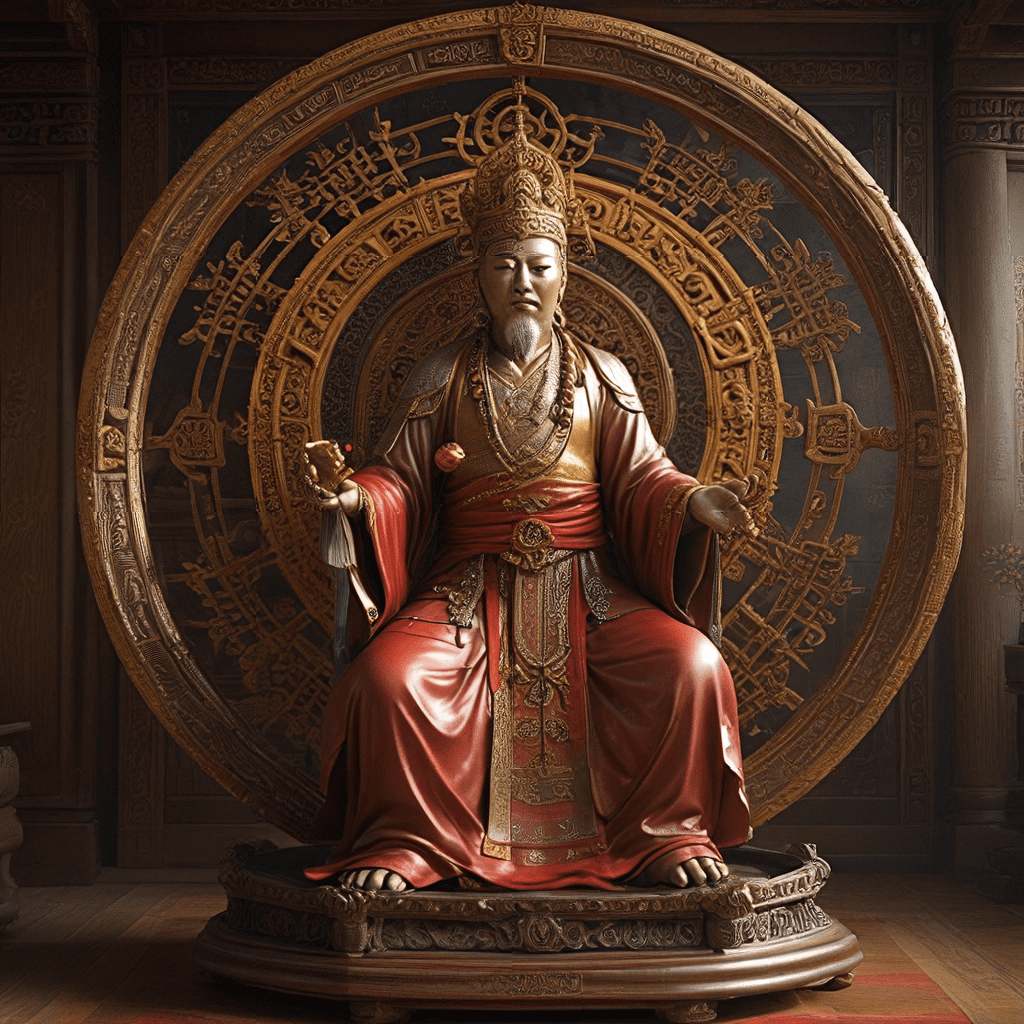The Myth of the Lost Cause: Morality in History
Introduction to the Lost Cause Narrative
The Lost Cause narrative is a historical myth that emerged in the United States, particularly in the South, after the Civil War. It seeks to recast the Confederacy’s motivations and actions during the war in a positive light. This narrative originated in the late 19th century as a way for Southerners to cope with the defeat and to preserve a sense of honor and identity in post-war America.
In the context of post-Civil War America, the Lost Cause served a dual purpose: it provided a platform for Southern pride while simultaneously attempting to rewrite history to obscure the realities of slavery and its implications. This narrative has had a profound impact on Southern identity, shaping how generations perceive their heritage and the Civil War itself.
Key Components of the Lost Cause Myth
The Lost Cause myth is characterized by several key components that have contributed to its enduring nature:
- Romanticization of Confederate leaders and soldiers: Figures like Robert E. Lee and Stonewall Jackson are often portrayed as noble heroes fighting for a just cause.
- Depiction of the Civil War as a noble struggle: The war is framed as a clash between valor and tyranny, rather than a conflict over slavery.
- The portrayal of slavery as a benevolent institution: Proponents argue that enslaved people were treated well and that their lives were better than those of free laborers in the North.
The Role of Historical Revisionism
Historical revisionism played a crucial role in the development of the Lost Cause narrative. Various historians and writers contributed to shaping this myth, often with the intent to foster Southern pride and unity.
Key figures in promoting the Lost Cause include:
- Edward A. Pollard: His book, “The Lost Cause,” published in 1866, laid the groundwork for the narrative.
- Douglas Southall Freeman: A prominent historian whose works glorified the Confederacy and its leaders.
Furthermore, Southern heritage organizations, such as the United Daughters of the Confederacy, played a significant role in disseminating the Lost Cause myth through monuments and educational initiatives.
Morality in the Lost Cause: A Complex Examination
The glorification of the Confederacy raises numerous ethical implications. Supporters of the Lost Cause often argue that the Confederacy represented a fight for states’ rights and Southern heritage.
However, moral arguments made by proponents of the Lost Cause face significant counterarguments:
- Ethical implications: Glorifying the Confederacy can obscure the brutal realities of slavery and racism.
- Counterarguments from historians: Many historians maintain that the primary cause of the Civil War was the preservation of slavery, challenging the noble portrayal of the Confederacy.
Cultural Impact of the Lost Cause Mythology
The cultural impact of the Lost Cause is evident in various forms of media and public memory. Literature, art, and film have often romanticized the Confederacy, reinforcing the myth.
Additionally, monuments and memorials dedicated to Confederate figures have become focal points in discussions about race and history. These memorials often reflect:
- A desire to honor Confederate soldiers.
- A means of asserting Southern identity and pride.
This mythology has significantly shaped Southern culture, influencing everything from literature to local traditions.
Education and the Lost Cause: Textbooks and Curriculum
The Lost Cause narrative has also permeated educational materials, affecting how history is taught in schools. An analysis of textbooks reveals:
- A tendency to downplay the role of slavery in the Civil War.
- A focus on the heroism of Confederate leaders while neglecting the voices of enslaved individuals.
Case studies of states and school districts illustrate ongoing struggles to address the narrative, highlighting the importance of accurate historical education for fostering moral understanding.
Contemporary Relevance and Resurgence of the Lost Cause
In recent years, there has been a resurgence of interest in the Lost Cause narrative, often intersecting with contemporary political discourse. Movements that invoke the Lost Cause can be seen in various contexts, including:
- Debates over Confederate monuments and symbols.
- Political campaigns that emphasize Southern heritage.
Public reactions to these debates reveal a complex landscape of opinions, with many advocating for the removal of Confederate symbols due to their association with racism and oppression.
The Moral Responsibility of Historians and Educators
Historians and educators bear a moral responsibility to confront historical myths like the Lost Cause. This includes:
- Addressing inaccuracies in historical narratives.
- Promoting strategies for teaching complex histories responsibly.
The implications of historical accuracy extend to moral education, as understanding the true nature of history is essential for fostering a just society.
Alternatives to the Lost Cause Narrative
To counter the Lost Cause narrative, it is essential to promote a more nuanced understanding of the Civil War and Reconstruction. This involves:
- Highlighting the voices and experiences of marginalized groups, including African Americans and women.
- Encouraging inclusive historical narratives that acknowledge the complexities of American history.
Such efforts are vital for reconciliation and for fostering a more comprehensive understanding of the past.
Conclusion: Reflecting on Morality and Memory in History
The Lost Cause narrative has left a lasting imprint on American society, shaping perceptions of history and morality. As discussions around the Civil War and its legacy continue, there is a pressing need for ongoing dialogue about the ethics of memory and the importance of historical accuracy.
In confronting the myths of the past, society can work towards a more equitable and truthful understanding of history, fostering a legacy that honors the complexities and realities of the human experience.



